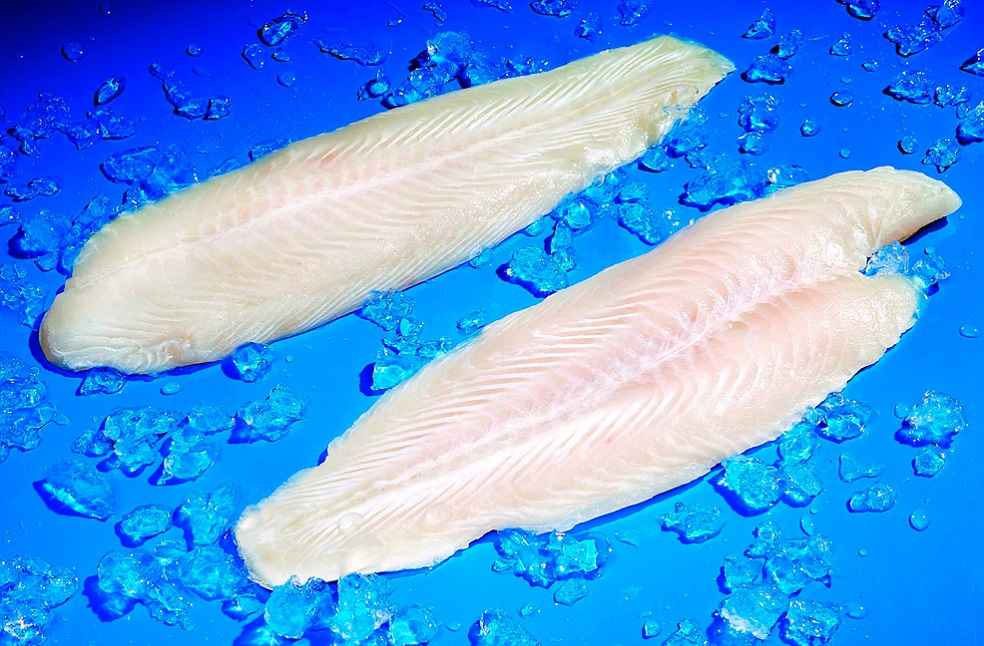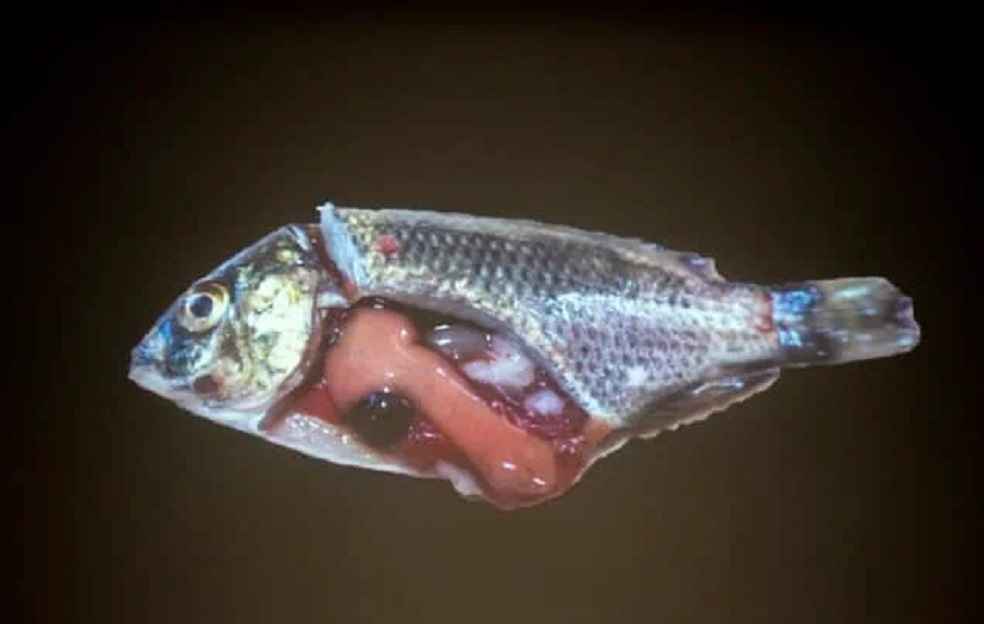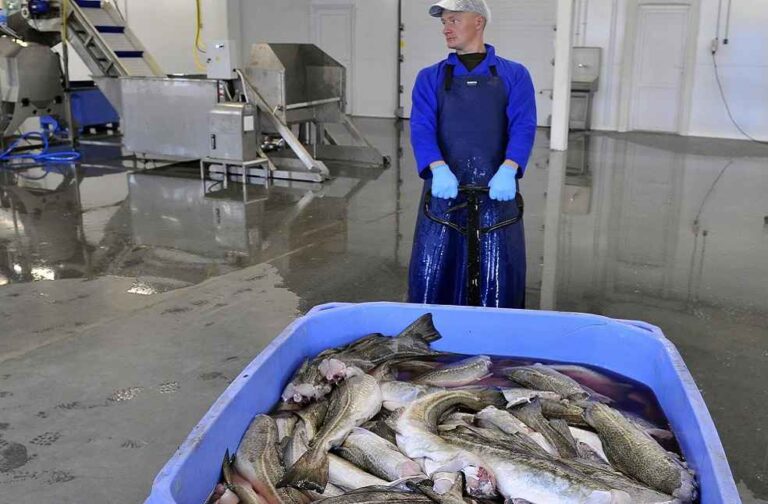Vietnam has officially petitioned Brazil to abolish trade restrictions hindering Vietnamese seafood exports, a declaration from the Ministry of Agriculture and Rural Development (MARD) reveals. This request highlights escalating concerns among Vietnamese exporters over stringent Brazilian regulatory measures impacting key exports, including frozen whole shrimp and pangasius (tra fish).
Central to this dispute is Brazil’s insistence on national standards for additives and phosphate in pangasius, which deviate from guidelines established by the Office International des Epizooties (OIE), the World Organization for Animal Health. Such discrepancies have disadvantaged Vietnamese seafood, posing a significant obstacle to trade.
Further compounding these issues, Brazil initiated a suspension of tilapia imports from Vietnam starting February 14, pending an assessment of risks associated with the TiLV virus, a pathogen affecting tilapia. The Vietnam Association of Seafood Exporters and Producers (VASEP) regards this move as an initial hindrance that might extend to other Vietnamese seafood products, including pangasius, potentially leading to broader restrictions and additional challenges for Vietnamese exporters.

Given these circumstances, VASEP urges Vietnamese firms to adopt stringent measures in breed selection and disease control, applicable not only to tilapia but also to other whitefish species such as pangasius. Emphasizing these precautions aims to navigate and mitigate the repercussions of Brazil’s current regulatory posture.
Notwithstanding these barriers, Vietnamese pangasius exports to Brazil experienced a significant 42% year-on-year increase in the initial two months of the year, reaching $20 million. This growth indicates the resilience and potential of Vietnamese seafood within the Brazilian market, notwithstanding regulatory hurdles.
Deputy Minister of Agriculture and Rural Development Phùng Đức Tiến has tasked the Department of Quality, Processing, and Market Development with engaging the Brazilian Embassy to address these issues promptly. Efforts are concentrated on persuading Brazil to harmonize its standards with international norms and OIE guidelines, particularly concerning the treatment of pangasius and shrimp exports from Vietnam.

Additionally, Vietnam advocates for Brazil to streamline administrative protocols related to product labeling and accelerate the authorization of Vietnamese enterprises for agricultural product exports to Brazil, aiming to enhance trade fluidity.
In a responsive gesture, Roberto Serroni Perosa, Deputy Minister of the Department of Agriculture, Livestock, and Food Supply (MAPA) in Brazil, committed to transmitting the list of Vietnamese enterprises permitted to export agricultural products to Brazil via the Brazilian Embassy in Vietnam. Perosa assured that customs clearance for Vietnamese tilapia shipments entered before the suspension would proceed as usual.
As Brazil’s premier supplier of white meat fish, Vietnam’s seafood sector, particularly its pangasius exports, is integral to fulfilling Brazilian demand. With pangasius accounting for 90% of seafood exports from Vietnam to Brazil, along with a smaller quantity of tilapia, resolving these trade barriers is crucial for sustaining and amplifying the trade synergy between Vietnam and Brazil.
LATEST NEWS | India Sets Trade Expansion with UK, Oman FTAs as Top Agenda for New Govt



